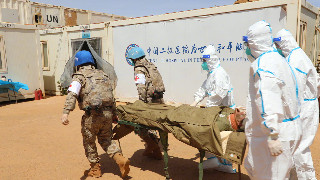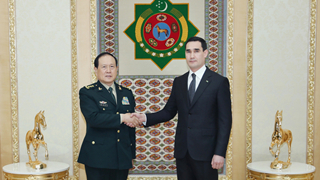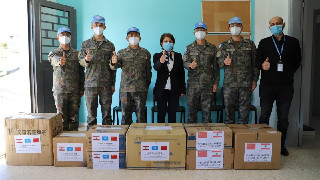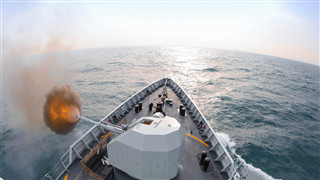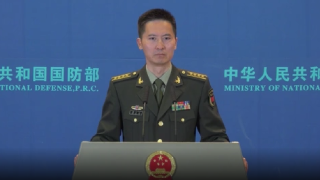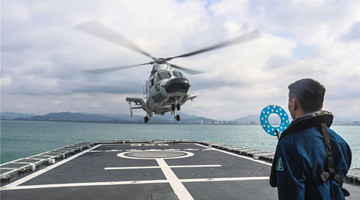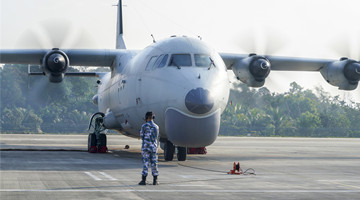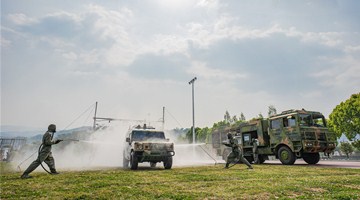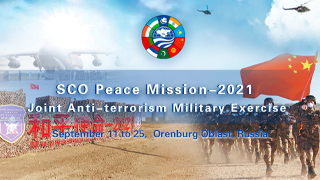By Lin Hao
The postponed US-ASEAN Summit took place on May 12 and 13 in Washington, at which the US worked hard to peddle its so-called “Indo-Pacific strategy” that is aimed at containing China, and pressured ASEAN members on the Russia-Ukraine conflict and other issues.
While the summit itself was a symbol of hegemony, the agenda and schedule further showcased how bullying the host country is. While it claimed that the summit will “demonstrate the US’ enduring commitment to ASEAN” and tried to prove the importance it attaches to US-ASEAN relations, the US-set agenda and schedule of the summit nevertheless didn’t show any respect for ASEAN members, who were so irked that the summit had to be postponed from March to May. Kao Kim Hourn, Minister attached to the Prime Minister of the Kingdom of Cambodia, said before the summit that ASEAN leaders “should be respected and treated equally.” If the US government wished to improve its relations with ASEAN, then its president should spend more time on the summit rather than refuse to arrange any bilateral meetings with ASEAN leaders.
As is seen by all, the conferences patched up by the US are more often “destructive” than “constructive”. Under its so-called “Indo-Pacific strategy”, the US claims to aim at an “open and free” region and respect ASEAN’s central role in regional affairs on the one hand, but forms exclusive geopolitical “cliques” such as the “AUKUS” and “Quad” on the other, which pitted regional countries against each other, shook the ASEAN-centered regional cooperation architecture, and eroded its internal solidarity, posing serious threats to regional collaboration and development. Malaysia and Indonesia publicly warned of a possible arms race in the region because of the AUKUS.
Recently the US has been promoting its Indo-Pacific Economic Framework (IPEF) in the attempt to shore up a weak link in the “Indo-Pacific strategy”, but a survey by the Center for Strategic and International Studies (CSIS) revealed many ASEAN members’ concern that the US would take more than it gives under the framework, and their doubt whether the framework was not initiated to facilitate America’s political manipulation and realize its own interests instead of promoting bilateral economic collaboration.
Another reason why the US convened the summit was to ramp up pressure on Russia regarding its conflict with Ukraine. After the conflict broke out, the US demanded ASEAN countries follow its lead in condemning and sanctioning Russia, but most of them didn’t; rather, they were cautious against the US fishing in troubled waters given its inflammation of tension before the war and pouring fuel on flames after.
America’s coercion for ASEAN countries to get involved in regional confrontation and pick sides in its geopolitical game goes counter to their wish to stay on good terms with all parties, preserve regional peace and stability, and strive for sustained economic development. In fact, America’s unilateral actions, from waging the trade war to quitting international pacts and organizations, have already sent shock waves to the normal trade, supply chain and industry chain in the region, and to the economies in many ASEAN countries. The Cold War mindset and all kinds of hegemonistic behaviors demonstrated by the US recently have long put ASEAN members on the alert. The superpower’s self-centered approach is never welcomed and will only send further downhill the domination that it is trying hard to maintain.
At the moment, the world is still shrouded by the pandemic, not to mention the many more challenges such as climate change. History has proven over and over that hegemonistic actions that may split up regions, cause turmoil and tension, and threaten peace and stability are sure to be opposed by regional countries. We advise the US side to abandon the Cold War mentality, adopt an open and inclusive attitude, and do more to contribute to peace, stability and development in the region and the world in general.

